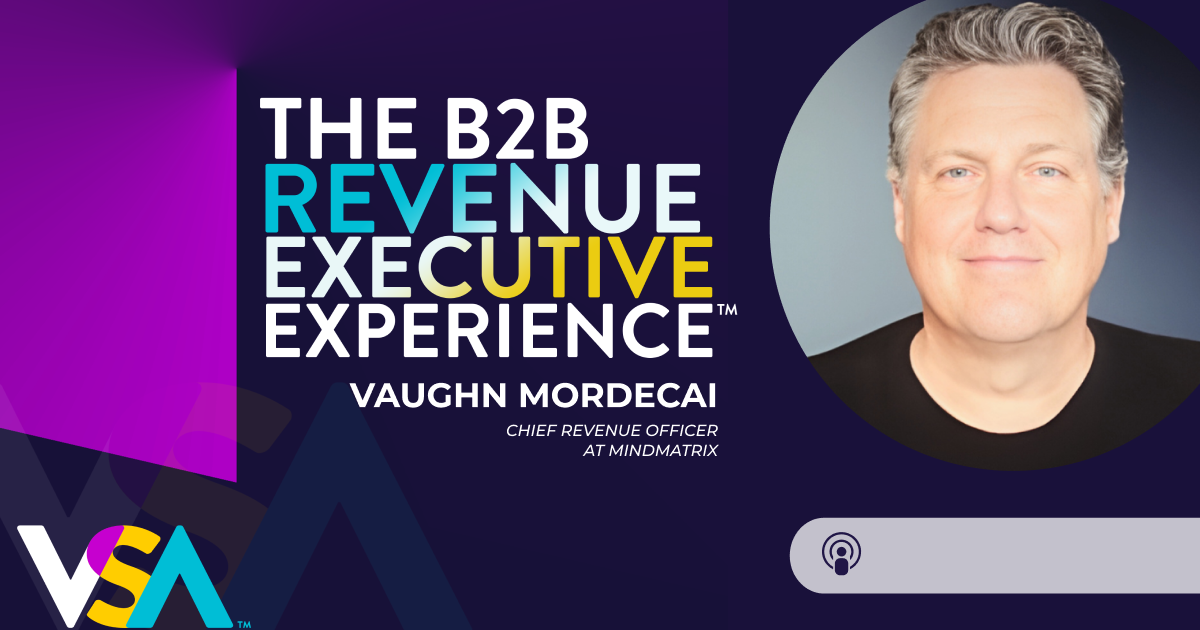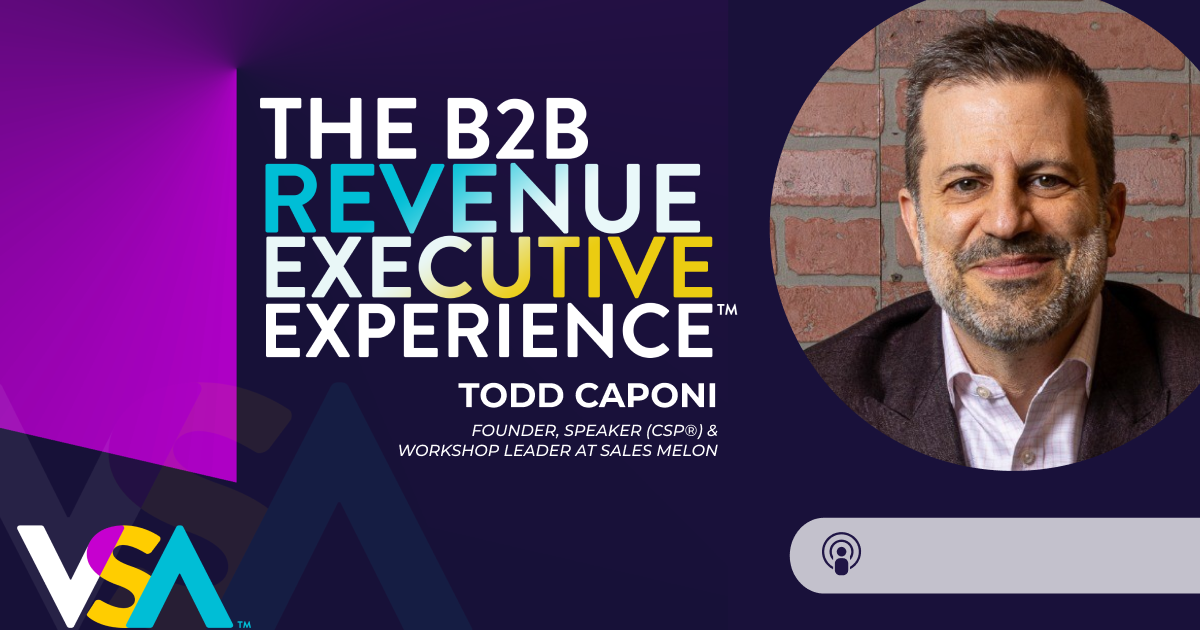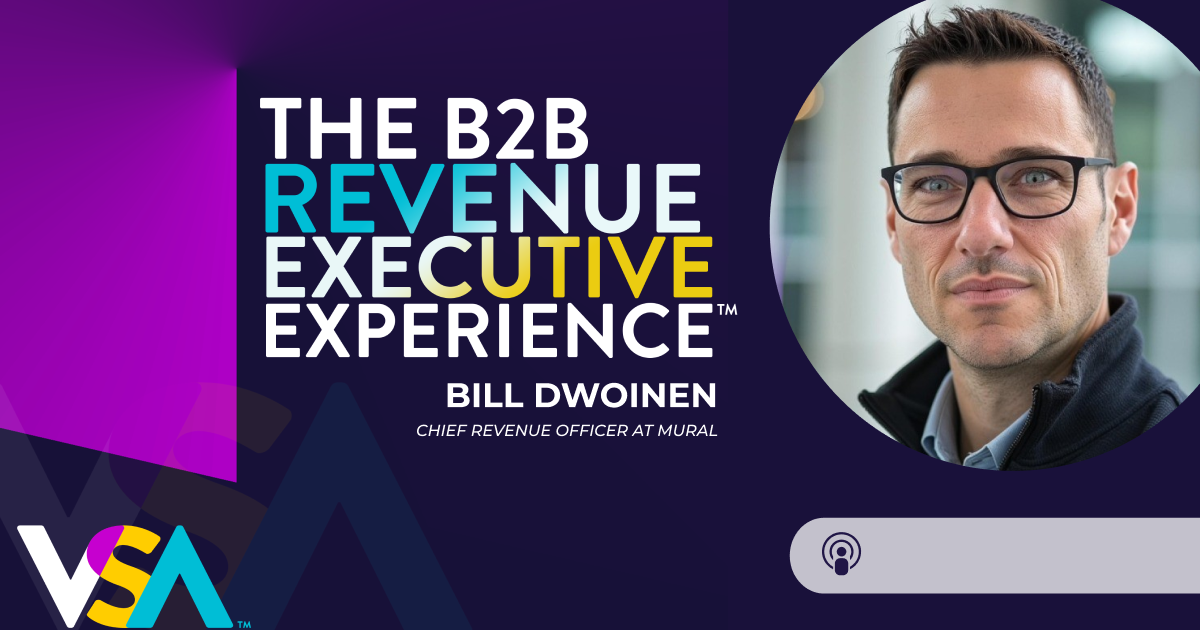GUEST: Juliana Slye, CEO and Chief Strategist, Government Business Results

When you’re selling to the public sector, navigating the sales process is a lot like finding your way through the wilderness. There are a lot of odd rules and cultural expectations and it is an arena that is completely unforgiving of mistakes.
But it also offers comparable satisfaction in knowing that you have in some small way served and bettered your country.
So says Juliana Slye, CEO and Chief Strategist with a company called Government Business Results that focuses on market strategy and enablement for technology firms focused on selling to the public sector.
Channel Your Inner Anthropologist
Slye hung out her consultant shingle when she realized that she was in the perfect position to act as a translator or conduit to facilitate business deals between technology enterprise and the public sector.
There are a core set of public speaking skills. How you use and manage them will vary depending on the mode of communication.
“There are a lot of companies out there that really need industry support as a service.“
JULIANA SLYE,
CEO AND CHIEF STRATEGIST, GOVERNMENT BUSINESS RESULTS
“There are a lot of companies out there that really need industry support as a service,” says Slye. “We can dock into their existing infrastructure and provide a level of services that are almost white labeled.”
There are a couple of non-negotiable pieces of advice Slye with clients who are speaking with the public sector.
- Listen to understand their culture as well as the micro dynamics that are in play. Every single component has a different rhythm and heartbeat for how they drive business.
- Put yourself in their shoes. You have to be able to understand their immediate pain points. It’s not always obvious, and it’s not always what the market tells you it’s going to be.
- You can’t think of the public sector as a vertical; you need to think of it as a horizontal. For every vertical that you can find in the commercial space, you’ll find it in the public sector.
What Makes the Best Public Sector Sales Rep?
Public sector isn’t something a newbie can swan into. You need to understand their budget cycles and to have lived through at least three or four of them. There is a continuity that’s involved. There’s understanding the system and the structure and how the money flows, and then you have to learn how to manipulate and drive that spend in a sales capacity.
If you’re looking at potential public sector sales rep candidates, Slye suggests you consider a couple of things.
- The millennial workforce does a lot of job hopping, so shorter tenures are less of a concern compared to whether that time has been in the public sector.
- If they jumped between public sector divisions, that’s a red flag. An ideal public sector sales hire was solid sales skills and a deep understanding of the customer, as well as relationships with agencies and knowledge of how agencies acquire. You get that by spending time in a segment.
Personal and Patriotic Satisfaction
Slye loves knowing the work she does plays a part in changing people’s lives and making a difference. Slye shares, “When my clients are able to help agencies implement a health care system or a welfare system that enable individuals to tap into their benefits via mobile devices instead of having to go to a brick and mortar, it changes their lives.”
“When my clients are able to help agencies implement a health care system or a welfare system that enables individuals to tap into their benefits via mobile devices instead of having to go to a brick and mortar, it changes their lives.“
JULIANA SLYE,
CEO AND CHIEF STRATEGIST, GOVERNMENT BUSINESS RESULTS
“Or it might mean more soldiers come home safely. And that’s huge for me. When I’m able to help a company understand how their technology can fit within the intelligence community and deliver an advantage to the way they protect our nation, then I know at the end of the day, the work I’m doing has a real impact.”
You’re rolling up your sleeves, you’re putting your hands down deep into the machine and you’re trying to make a difference.
Building Sales Relationships in the Public Sector
When a sales rep is trying to make a commercial sale, you can send an executive a gift, a door opener. But public sector employees are bound by anti-bribery laws. The maximum value of gifts they can receive in a given year cannot exceed $25.
You have to find a different way to build a relationship.
Electronically? Most public sector agencies have firewalls that don’t allow html based emails to go through. So you can’t send a spiffy message that has all the bells and whistles. You’re also not going to be able to send an email to their mobile phone either because there are certain things that won’t be able to go through it.
A successful sales rep understands these cultural norms and limitations and figures out how to work within them creatively, to build the kind of relationship that they and the customer need.
In a world where the rules of engagement are either bound by law or by a need for security and privacy, it’s getting more and more difficult to reach government agencies and the individuals inside of them. The primary way to break through is face to face.
When you can have a personal engagement and build a relationship with the customer, then that relationship has a significant value in the public sector.
Get Your Foot in the Door
So how do you get that precious face time?
Be a relentless investigative reporter, find out everything that you can about the customer, the way that they see the world, the value they place on the world, and what they’re trying to accomplish within their agency. All of that information makes you a much better sales rep and accelerates your deal.
Slye estimates you can get 75% of the information you need between the Freedom of Information Act, LinkedIn, and Google. You can get public sector budgets, strategy documents, org charts, information, and interviews. Research everything you can about that customer, that agency, the mission that they have, and their challenges. That will enable you to tee up the right questions.
Then really listen to the answers, and from that, understand the story. It’s not about you, it’s about the customer. Each customer has a story and if you understand it completely, then you’re armed with all the facts and all of the information you need to effectively drive and manage the sale.
Projecting to the Nosebleed Section
DiResta has seen people lose credibility because they were speaking too softly.
If you need to project to the back of a large room without amplification, DiResta has some suggestions to train your breath control with the abdominal muscles.
- With one hand on the chest, one hand on the abdomen, breathe in.
- Your abdomen should expand. You should see your lower hand coming out and forward.
- Doing that for a number of beats will start to use those muscles.
“Those are the muscles that allow singers to hold a note,” says DiResta. “Those are the muscles that allow someone to project. When we try to project, a lot of times we’re speaking from the throat and it doesn’t get you very far. It takes a lot of practice.”
This post is based on an interview with Juliana Slye CEO and Chief Strategist of Government Business Results. To hear this episode, and many more like it, subscribe to the B2B Revenue Executive Experience.
If you don’t use iTunes, you can listen to every episode here.
Explore More









